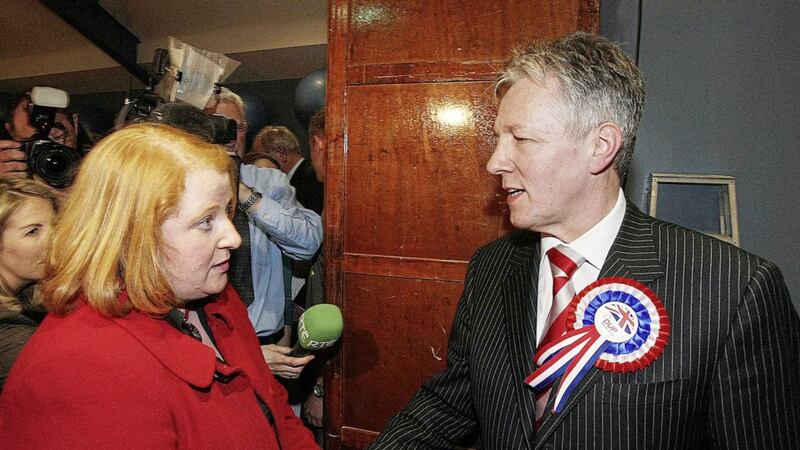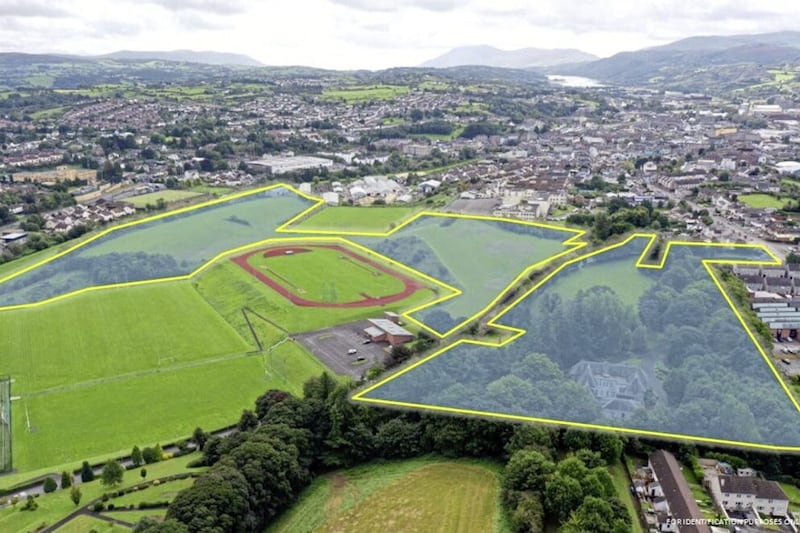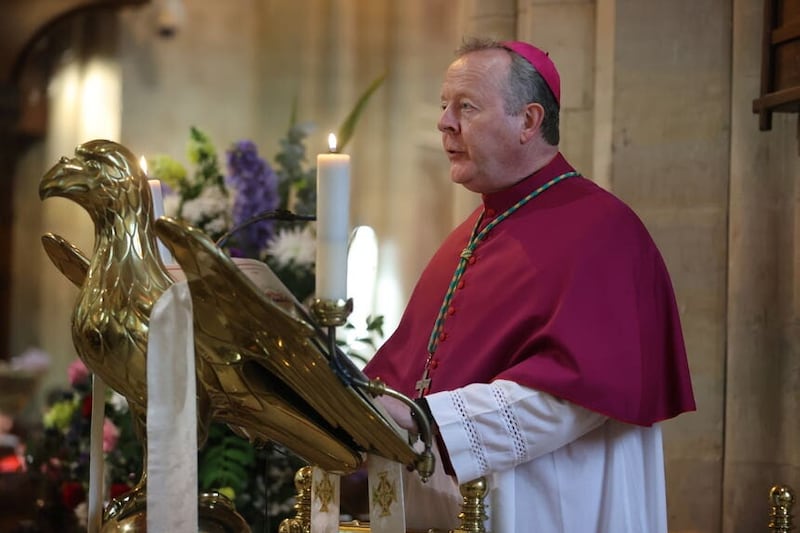There will be widespread agreement with the weekend contention by Archbishop Eamon Martin that there is a firm need to comprehensively explore what he described as an "opportunity for us to understand each other better on this island".
Both main traditions in Ireland have regarded each other with mutual incomprehension down the decades, leading in the past to regular confrontations and periods of appalling bloodshed.
While political advances, despite being surrounded by huge pressures at almost every turn, have helped organised sectarian violence to almost entirely fade away, aggressive language and serious errors of judgment across the board among the main Stormont parties mean that considerable tensions are never far from the surface.
If there is a realistic chance, particularly in the present fraught circumstances, to step back and carefully analyse our respective positions, then it deserves to be taken.
However, this could only happen through a platform which was not directly associated with nationalism or unionism and was constructed with equal respect for all sections of our divided society.
The event known as NI 100, marking the centenary of partition, was instigated by UK prime minister Boris Johnson who previously and without any apparent sense of irony had appointed himself at the first ever minister for the union.
He set out his plans at the less than neutral setting of Hillsborough Castle last year, and the tone of the initiative had become clear long before the bizarre decision was taken to try and associate it with the memory of the late Seamus Heaney.
The Nobel laureate, famous for his symbolically green passport, would probably have been amused by the controversy which followed, but the failure to consult with his family or even the Seamus Heaney Centre at Queen's University over the use of his portrait in a marketing campaign was shambolic.
Mr Johnson, through his Brexit disaster, designed completely to facilitate his personal ambitions, is likely to go down in history as the individual most directly responsible for the final break up of the union.
A developing EU identity might have taken us in a different direction, but the Brexiteers, dominated by English nationalists, have taken a hatchet to that possibility.
Thoughtful and progressive figures like Archbishop Martin may have to look elsewhere in their vital search for contributions towards the cause of reconciliation as we enter a crucial stage in our shared history.







